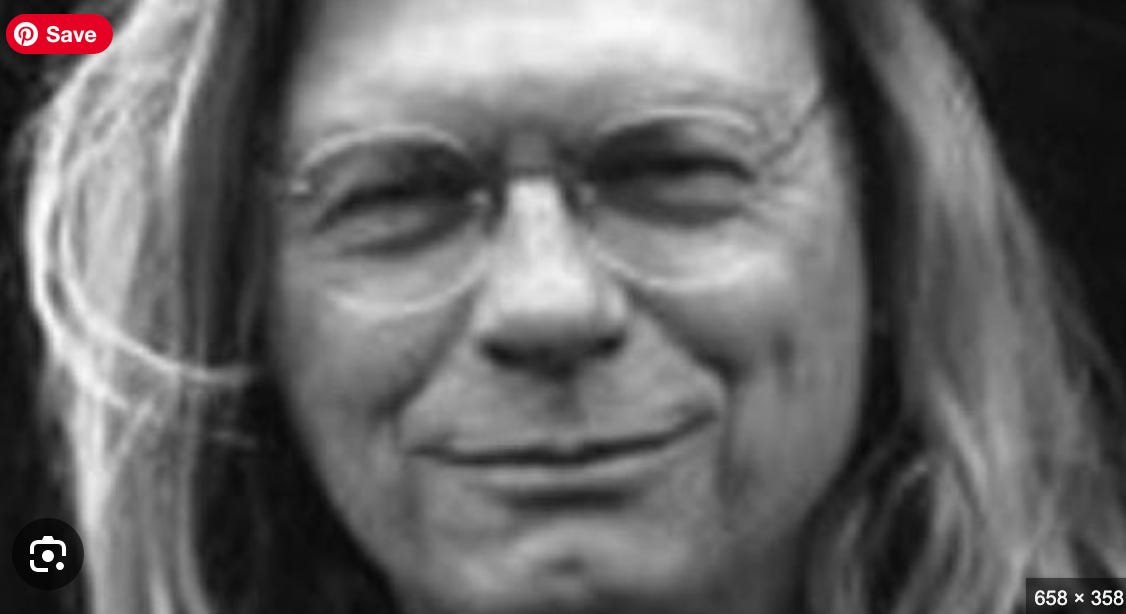Thomas Lux (1946-2017) was born in Northampton, Massachusetts to a milkman and a Sears and Roebuck switchboard operator. Or so his story goes. His birthday: December 10th, 1946.: International Human Rights Day. My favorite of his poems, which I read decades ago is Refrigerator 1957 which begins like a magic spell:
More like a vault: you pull the handle out
and on the shelves not a lot,
and what there is (a boiled potato
in a bag, a chicken carcass
under foil) looking dispirited,
drained, mugged. This is not
a place to go in hope or hunger.
But, just to the right of the middle
of the middle door shelf, on fire, a lit-from-within red,
heart-red, sexual-red, wet neon-red,
shining red in their liquid, exotic,
aloof, slumming
in such company: a jar
of maraschino cherries. Three-quarters
full, fiery globes, like strippers……keep reading by clicking “strippers”
More than any poem I can think of, even more than Pablo Neruda’s, “Ode to Socks,” or Naomi Shihab Nye’s, “The Traveling Onion,”this poem gave me permission to write about anything. And to make it sensual. Our family was also working class and that small glass jar of maraschino cherries stayed on our refrigerator door for the entire time my parents lived in my childhood home, for more than 30 years.
Something ubiquitous but never seen so clearly before or since.
***
I met Thomas Lux only once when he headlined the Skagit River Poetry Festival. Back then, in the early 2000’s, visiting poets were asked to give craft talks. It seemed very likely that he hadn’t prepared and yet with a great dose of generosity, he talked non-stop for the hour. How could a talk of revision be this riveting?
What I remember most is the image he conjured for us, describing the large circular table where he worked. I don’t know if it was in his home office or in the center of the kitchen, but there were 5 to 8 poems arranged (maybe on clipboards?) that he would work on at the same time. He looked a little embarrassed as he said this and as an aside said this might not work for everyone but for him, he worked “like a dog with a bone,” circling the table and maintaining a strict order.
He did look a little bit like an overgrown golden retriever and perhaps this is why the words have stayed with me so long. I know that Lux was infamous in many ways, and I don’t know what I would’ve thought of him as a professor, but that Saturday afternoon in LaConnor, WA he gave a talk that was more honest, forthcoming, and yes, dazzling, than any talk on revision I have heard.
Maybe it was that even Thomas Lux revises! Maybe it was that he believed so much in circling that table over and over again —- as if he were enacting a magic spell that I was allowed my own revision eccentricities. I’ve also taught classes and written on my own revision process.
Here is a quick quote from the article published both on the Irish Resources website as well as in an earlier anthology on revision,
In any case, the trick is to figure out how you can work on your poem until it, figuratively speaking, sings. The French poet, Paul Valery, claimed poems are never finished, only abandoned, but I don’t think that’s true. A poem is born, moves into adolescence, and eventually reaches the prime of its life. The skill of the writer is to recognize that stage of life and to let the poem be before it transitions into the twilight of old age.
from the essay,”It’s Not How You Write, It’s How You Rewrite: The Art and Craft of Revision.
Sometimes we forget the wisdom of the poets who came before us; sometimes we forget their poetry. On this blog, I aim to remember. Thank you, Thomas Lux.




